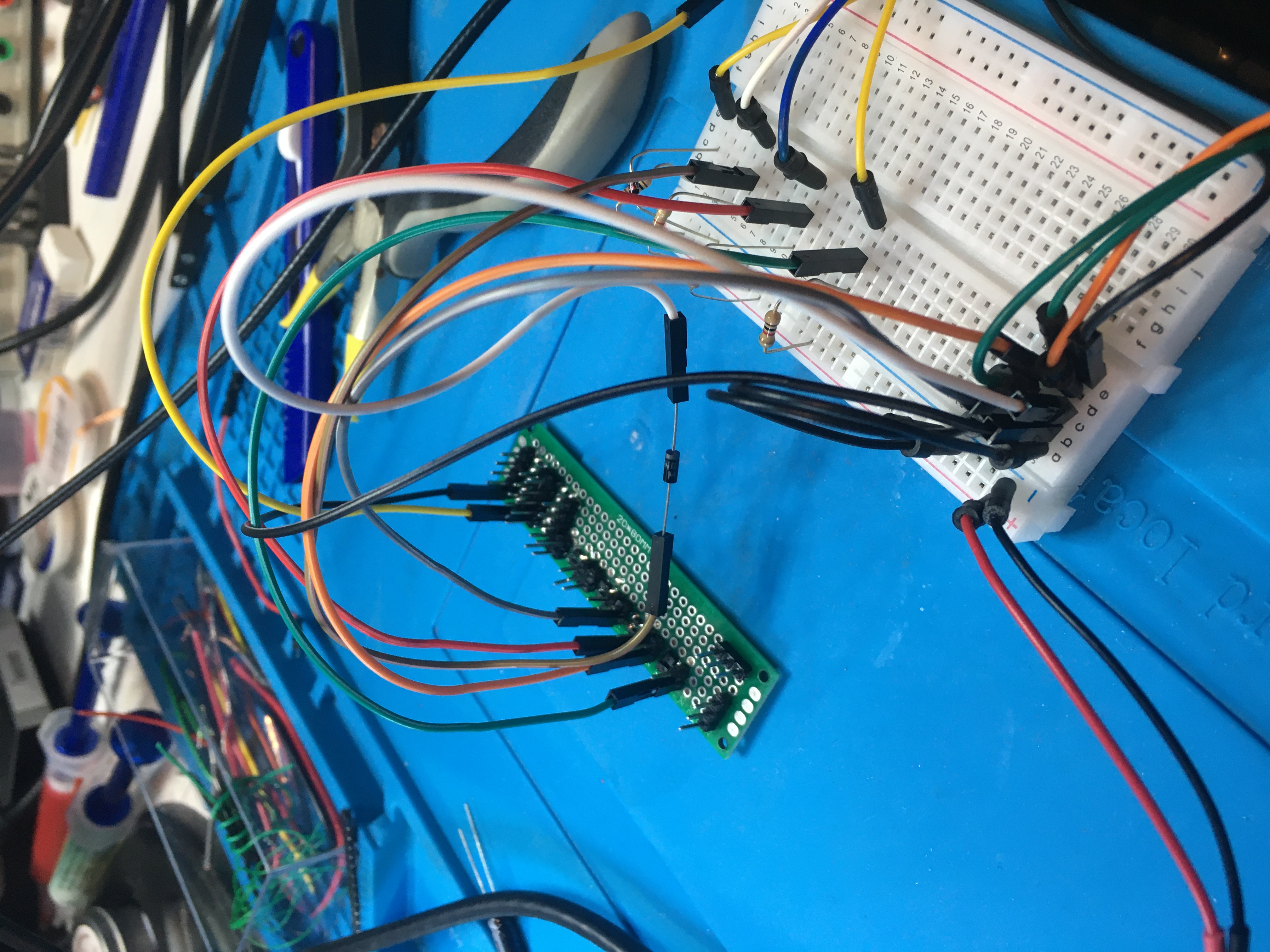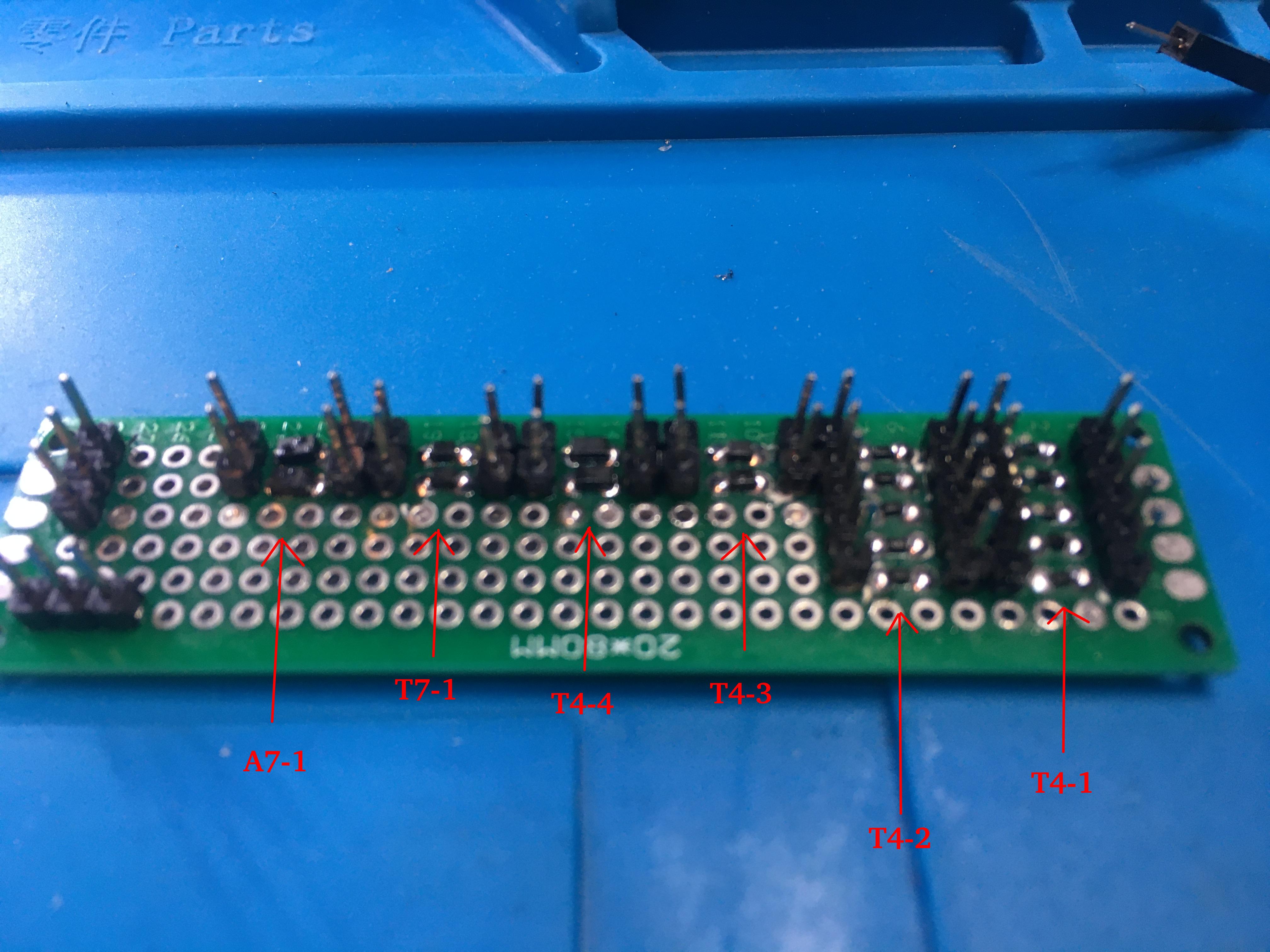Monthly Archives: September 2023
The Problems of Philosophy, further reading
At the end of The Problems of Philosophy, Bertrand Russell says:
The student who wishes to acquire an elementary knowledge of
philosophy will find it both easier and more profitable to read some
of the works of the great philosophers than to attempt to derive an
all-round view from handbooks. The following are specially
recommended:
- Plato: Republic (especially Books VI and VII)
- René Descartes: Meditations on First Philosophy
- Baruch Spinoza: Ethics
- Gottfried Wilhelm Leibniz: Monadology
- George Berkeley: Three Dialogues Between Hylas and Philonous
- David Hume: An Enquiry Concerning Human Understanding
- Immanuel Kant: Prolegomena to Any Future Metaphysics
Force reboot on iPhone
Two methods to reboot an iPhone, from my friend CK:
- hold down volume-up + power for 10 seconds
- volume up button, 1 second later: volume down button, 1 second later hold power button
Elliot’s Extras
I’ve started a “second channel” on YouTube for long and unedited content: Elliot’s Extras.
AliExpress diodes
I ordered a bunch of SMD diodes from AliExpress (nine different types), and nine packages arrived, but they weren’t labeled. I tested everything to infer what I got, and they didn’t ship me what I ordered. My notes are here and the video of me doing all this is here.
I kept a note of the seller and will try to not order from them again. In the mean time I think I have filed the components that did arrive in the correct drawer.
Below are two happy snaps from this project. I guess on the bright side I got some practice doing SMD soldering and using my signal generator and my scope.
Oh, and I added a new item to my debugging notes, viz “is it plugged into the right socket?” (I had my output cable on the signal generator plugged into the wrong BNC connector on the device, that took some figuring out…)
Floor upgrade
Switching diodes and rectifying diodes
I had an envelope full of SMD diodes arrive today. Three different types in three different sizes, so nine bundles. Unlabeled!
I’m not sure what they were thinking at the shop. I got them from here.
I managed to figure out that the ones marked ‘S4’ were the Schottky diodes (1N5819WS). I think the ones labeled ‘T4’ are the switching diodes (1N4148WS) and the ones labeled ‘T7’ and ‘A7’ are the rectifying diodes (1N4007), but I’m not sure of that yet.
I asked ChatGPT for help and it explained how I can devise a test circuit, so that’s on my TODO list for tomorrow.
Mail log IP address count
The following monster will parse the mail log and report on unique host connections along with a count.
cat /var/log/mail.log | \
grep ' connect from unknown' | \
awk '{ print $8 }' | \
sort | \
sed -n 's/.*\[\([0-9]\{1,3\}\.[0-9]\{1,3\}\.[0-9]\{1,3\}\.[0-9]\{1,3\}\)\].*/\1/p' | \
awk '{count[$1]++} END {for (word in count) print count[word], word}' | \
sort -n
First comment, lolz
I’ve been going at In The Lab With Jay Jay for a bit over three months now, and I finally got my first comment on YouTube that wasn’t from a friend of mine:
Do you know they based lester crest from gta v on you?
You literally have the same look and the setup is similiar to his in game lol.
Data formats including YAML
I finally got around to reading about YAML at Wikipedia. Worth doing if you use YAML anywhere and haven’t read the YAML page yet.
The Wikipedia article links to the official website: yaml.org, which is good fun. It’s written in YAML! :D
If you’re interested in data formats and markup languages here’s some other reading on the subject:



